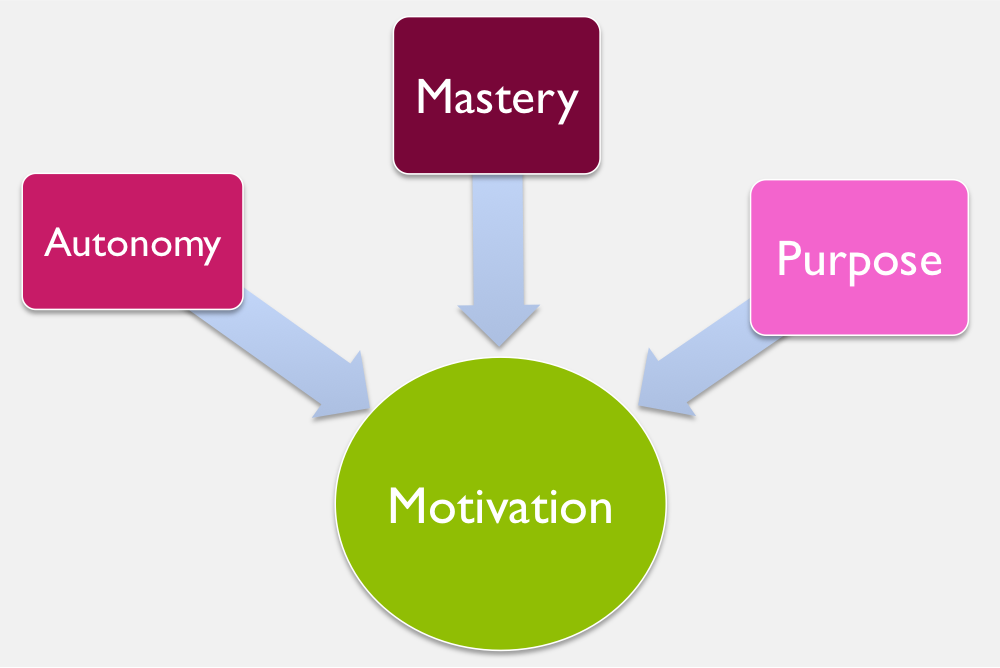The secrets of keeping people engaged only a handful of us know!

What do great managers do to keep employees happy and engaged? Data from Google, Goldman Sachs and other employee-centred companies, show that one-on-one coaching sessions with immediate reports deliver the best results in achieve high employee engagement and motivation.
“One great person equals three good ones.”
In our experience, coaching sessions should be focused on 5 main topics:
1) Fewer people, paid more, with higher productivity
To attract and keep the best talent you must be competitive as an employer. This means to pay more than your competition. How can you achieve this and still be profitable though?
In terms of productivity, one great person equals three good ones.
So to afford higher wages, make sure your total wage cost of front-line staff as a percentage of revenue is lower. Hiring less people and intensely investing in their training and development in year one of their employment will lower staff turnover and save on recruitment, training and development cost.
Wages are one of your biggest expenses and should be used to differentiate you from the competition.
> Use this tool to measure your team’s true performance! <
2) Recognise and appreciate
Find the triggers that work best when prising your team e.g. public vs. private, material vs. immaterial, from peers vs. superiors etc. Studies have shown that for people to be productive and happy at work they need to experience positive interactions (appreciation and praise) vs. negative (criticism) with their manager in a ratio of 3:1. Being ignored by your line manager has the worst effect on employee engagement and motivation.
“…one-on-one coaching sessions with immediate reports deliver the best results in achieve high employee engagement and motivation.”
3) Clarify the expectations
Clearly communicate to your team what is expected of them and how each of them contributes to the fulfilment of the company’s purpose, strategy and brand promise. Emphasise the What, the outcome/results you require from the team and allow each person to find their way of How to get the goal.
Autonomy, Mastery and Purpose are the three main drivers of human motivation to lead to higher performance. Use the Vision Summary tool to translate the company’s goals and priorities into individual goals and priorities to measure individual contribution.

4) Remove demotivating barriers
Prevent the hassles that block your team’s performance. These are usually linked to people and/or process.
Fixing people issues could mean firing unreasonable clients who mistreat your people or drain most of their energy. It could also mean enabling your greatest performers to work alongside other great performers. Nothing is more demotivating to have your work-pace slowed down by mediocre peers.
“Fixing process issues could mean removing obstacles in the process that cause delays repeatedly.”
5) Play to your people’s strengths
Help your team refocus their roles over time to be focused on activities that give them strength and less on activities that make them weak. This way you will have energised team!
For instance, when you need to hire new addition to your team, rather than hire the same of what you’ve got, create a role that will be focused on what your exiting team does not like doing. This will enable you to find a person that loves to do what others loathe.
> Use this tool to measure your team’s true performance! <
Final Thoughts
To get to 50 employees, you can get away with a charismatic leader who struggles with managing. But as soon as you approach 100 employees you need to develop managers who will be capable of implementing the top five habits outlines above to achieve high employee engagement and motivation.










